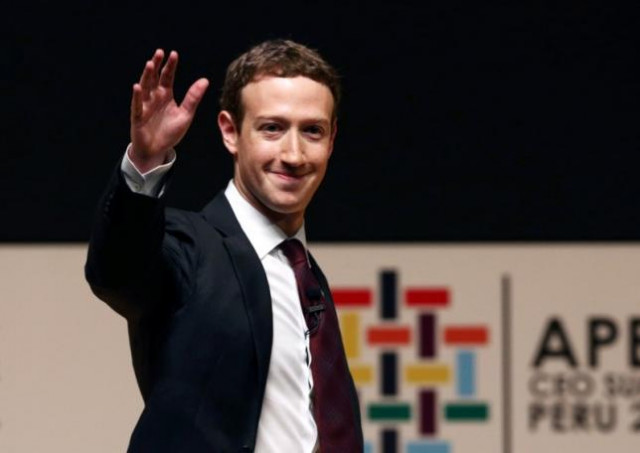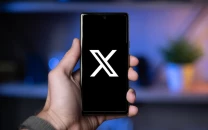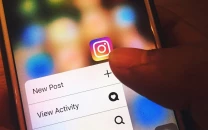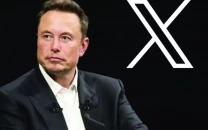Facebook CEO warns against reversal of global thinking
The social networking has been under pressure to more closely police hoaxes, fake news and other controversial content

Facebook founder Mark Zuckerberg waves to the audience during a meeting of the APEC. PHOTO: AFP
In a 5,700-word manifesto, Zuckerberg, founder of the world's largest social network, quoted Abraham Lincoln, the US president during the country's 19th century Civil War known for his eloquence, and offered a philosophical sweep that was unusual for a business magnate.
Zuckerberg's comments come at a time when many people and nations around the world are taking an increasingly inward view. US President Donald Trump pledged to put "America first" in his inaugural address in January. That followed Britain's decision last June to exit the European Union.
Facebook to roll out fake news tools for Germany
"Across the world there are people left behind by globalization, and movements for withdrawing from global connection," Zuckerberg wrote, without naming specific movements.
The question, the 32-year-old executive said, was whether "the path ahead is to connect more or reverse course," adding that he stands for bringing people together.
Quoting from a letter Lincoln wrote to Congress in the depths of the Civil War, he wrote to Facebook's 1.9 billion users: "The dogmas of the quiet past, are inadequate to the stormy present."
Zuckerberg said that Facebook could move far beyond its roots as a network for friends and families to communicate, suggesting that it can play a role in five areas, all of which he referred to as "communities," ranging from strengthening traditional institutions, to providing help during and after crises, to boosting civic engagement.
In comments on Facebook, some users praised Zuckerberg's note for staying positive, while others declared "globalism" dead.
Facebook has been under pressure to more closely police hoaxes, fake news and other controversial content, although the concerns have had little impact on its finances. The company reported 2016 revenue of $27.6 billion, up 54 per cent from a year earlier.
Facebook to roll out new tools to tackle fake news
One area where Zuckerberg wrote that Facebook would do better would be suggesting "meaningful communities." Some 100 million users are members of groups that are "very meaningful" to them, he wrote, representing only about 5 per cent of users.
Facebook is also using artificial intelligence more to flag photos and videos that need human review, Zuckerberg wrote. One-third of all reports to Facebook's review team are generated by artificial intelligence, he wrote.
Zuckerberg's letter was "a bit more ambitious and a bit more of the 30,000-foot view than I see from most tech company CEOs," Peter Micek, global policy and legal counsel at Access Now, an international digital rights group, said in a phone interview.
But Zuckerberg stayed away from certain subjects on which Facebook could be vulnerable to criticism, mentioning the word "privacy" only once, Micek



















COMMENTS
Comments are moderated and generally will be posted if they are on-topic and not abusive.
For more information, please see our Comments FAQ